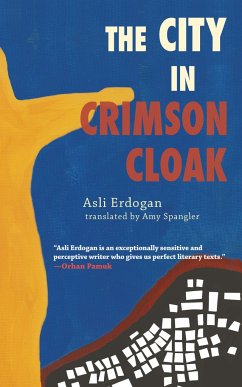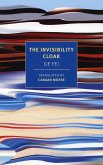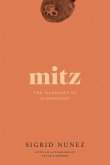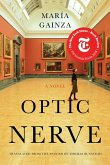Özgür is poor, hungry, and on the verge of a mental breakdown, with only one weapon against Rio: to write the city that has robbed her of everything. Reading the bits and pieces of Özgür's unfinished eponymous novel, with its autobiographical protagonist named Ö, Özgür's story begin to emerge. Meanwhile, the narrator details a single day of Özgür's life, which is in fact her last. As Özgür follows Ö through the shanty towns and the violence and sexuality of the streets to her own death, the narrator searches for a way to make peace with life, a route to catharsis. The two concentric novels, the borderline between the two Rios - Özgür's Rio as a metaphor for death and Rio as life - begin to blur. Aslý Erdogan's evocative, experimental second novel was a major hit in Turkey and Europe.








